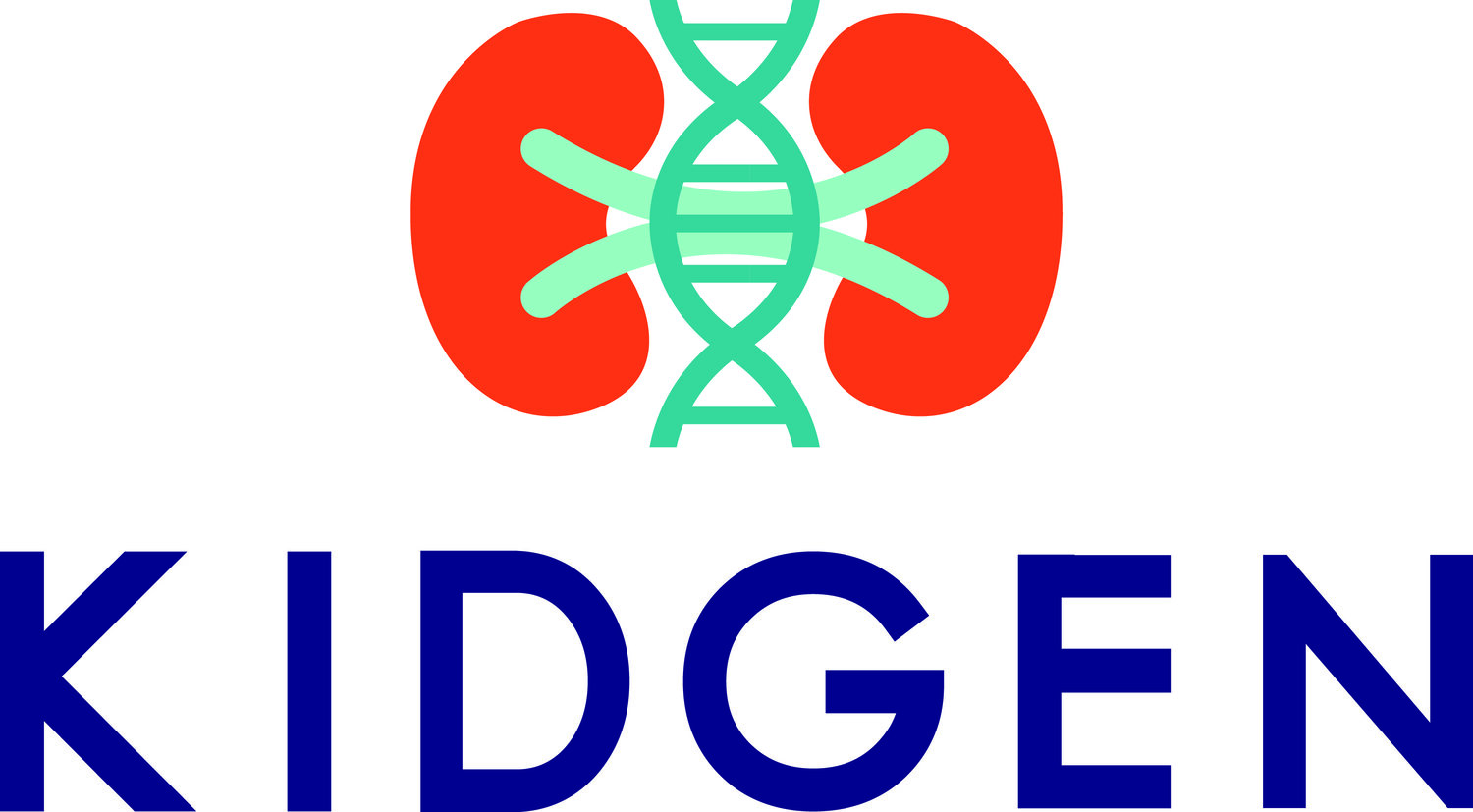-
Uncontrolled activation of complement cascades can lead to ESKD when left untreated. Of the three currently known pathways for complement activation, the alternative pathway dominates normal physiological conditions, monitoring for pathogen invasion via complement tick-over⁶⁰.
Hyperactivity of the alternative pathway causes two associated but distinct disorders.
There are several known pathogenic gene variants associated with aHUS62, with the diagnostic yield of genomic testing ranging from 7.1-25% ¹⁰.
The disease is typically inherited in an autosomal dominant manner with reduced penetrance, although there are some gene variants associated with recessive and polygenic inheritance also. However, these genetic variants confer a predisposition to aHUS, rather than directly causing the disease which is only triggered following complement activation. Common triggers include infection, drugs, cancer, transplant, pregnancy and autoimmune disease⁶².
-
C3 glomerulopathy presents with proteinuria and haematuria and typically only affects the kidneys. Conversely, the presenting symptoms of Atypical hemolytic uremic syndrome (aHUS) are thrombocytopenia and anaemia causing ESKD, as well as extrarenal features⁶¹. Most cases of C3 glomerulopathy are sporadic, however it is estimated that approximately 60% of all aHUS cases are genetic⁶².
-
Management of aHUS commonly involves Eculizumab (a human anti-C5 monoclonal antibody) and blood plasma manipulation, along with blood pressure management and the limiting of renal disease progression. As the disease can recur in the transplanted kidney, renal transplantation is of limited usefulness and patients often experience relapse even after complete recovery following the presenting episode. 60% of genetic aHUS patients progress to end-stage kidney disease⁶².
Chapter 3 - Genetic Kidney Diseases

